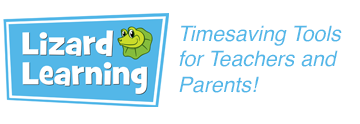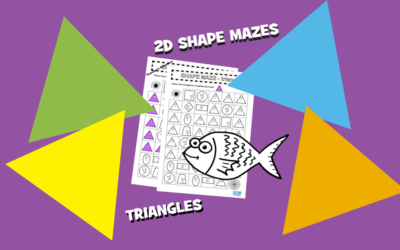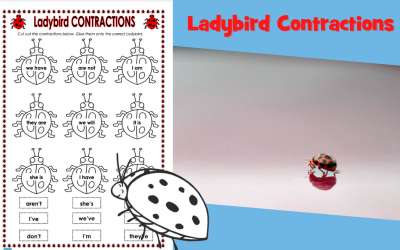For parents with disabilities, while the emotional journey is universal, personal and social expectations are often different; challenges and barriers are amplified. Kids don’t discriminate; their parent is their parent, and in them, they place their trust and overall wellbeing. Personal judgements are sadly prevalent and parents with a disability experience even greater incidences and fear of judgement. Online communities, particularly, can feel like a primal scream of outrage and moral judgement from anonymous snipers. In some cases, the spectre of Children’s Services looms. Feelings of being a burden on society and in their child’s life threatens their self-worth.
School communities are a vital ally for parents and are engendering inclusive practices and awareness. Access for all people is both a physical necessity – ensuring parents can participate with their child in the classroom – and attitudinal, which is less obvious but just as critical. Parents want the best school for their child’s social and physical development and educational needs; and to fully participate in, engage and advocate for, their child’s education. Effective teacher/parent relationships are enhanced by cooperation and communication. Parents with disabilities need to feel safe to communicate their concerns and ask teachers for help. Everyone has the best interest of the child at heart; that’s always the key.
Inclusion policies and legislation provide guidelines. More personally, it’s about open communication; inclusive attitudes, empathy and compassion. Listening to parents’ experiences, both positive and negative, and encouraging them to openly express themselves facilitates invaluable connection. Teachers can encourage parents to seek advice, support, counselling and parenting networks, especially through disability organisations and parenting websites such as raisingchildren.net.au. The National Disability Insurance Scheme (NDIS) provide plans to support disabled parents so that they may continue in employment and ensures that physical, emotional and social services and supports are funded.
Children of parents with disabilities exhibit great gifts of increased empathy, compassion and emotional intelligence through helping with chores and supporting their parent. Sometimes others may not understand why a parent needs help, or how this may affect a child. As children learn social skills and develop awareness, sometimes instances of bullying occur. Teachers can support children of parents with disabilities and educate, with digression and empathy, to recognise beautiful common experiences. Ask them how they feel when their own parent displays joy seeing them thrive; their elation when they make a new friend or learn new skills or have a breakthrough in a hard school task; celebrating their joyful moments and cuddling them during their disappointments. When a child’s eyes, mind and heart are opened, they feel more connected. And that can only lead to more inclusive, happier schools.





0 Comments